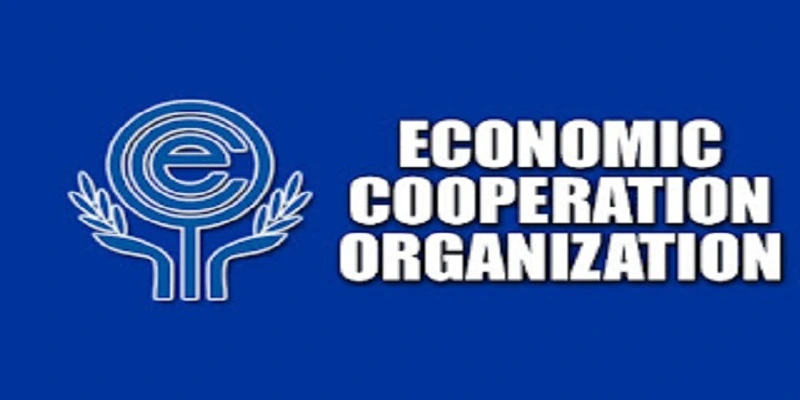The Evolution of ECO and Pakistan's Strategic Imperative in Central Asia
The word ECO refers to Economic Cooperation Organization. It was formed when the first participants of the RCD came together in Islamabad in 1990 to enhance the Treaty of Izmir. The RCD was revived and reformed into ECO. Today, the economic and political patterns of the previous RCD countries, Pakistan, Iran and Turkey, are entirely different. Additionally, in many ways, the ECO nations differed. The three members of the ECO have stated their serious determination to create the ECO. This economic platform is reliable to ensure the prosperity and economic growth of the population of their respective nations. The states have also determined to meet the organization's goals clearly and precisely.
Following the ECO's finalization and approval, its organization's structure takes place. The structure includes its Council of Ministers, Council of Deputies, Technical Committees and Specialized agencies, and the ECO Secretariat. Alongside those who are ECO founding members, which include Pakistan, Iran and Turkey, delegations of Afghanistan, Azerbaijan, Kirghizstan, Turkistan, Uzbekistan and Kazakhstan were invited on November 28th 1992, to the two-day session that which foreign ministers of the founding ECO states attended. The meeting aimed to increase the size of the ECO and develop more of a trade and economic area in Asia. As a result of the inclusion of these new members and the addition of new member states, the number of members in the ECO increased to nine, with an estimated population of three hundred million people. The ECO members enjoy the benefits of a rich resource in terms of cultural affinities and territorial continuity because of these advantages. These states will be in a position to benefit all of the regions.
The heads of state of the nine nations identified specific areas and projects that must be focused on in their efforts and battles. The infrastructure for communication, such as roads, airlines, telecommunications, shipping and, most importantly, highways, play an essential part in encouraging travel and commerce between members.
The creation of the ECO is a truly remarkable moment, not only for the entire history of Pakistan but for the whole of Central Asia. The ECO does not just cover the human aspect but also pays a lot of attention to all aspects of human progress like the economy, polity and defence. Although these ECO states have faced many challenges and issues, ethnicity is the most pressing. In Pakistan, the rise in ethnic tensions has adversely affected economic growth and impeded efforts by the government to improve the conditions for the population. Those ECO states' government needs to develop an effective strategy to tackle issues of race that are gaining momentum within their respective nations. It is unrealistic to think that, among those ECO states, each state can deal with the issue of ideology and ethnicity without assistance from other countries. the country has enjoyed an extensive history of friendship and cooperation with Pakistan and the Central Asian Republic. In 1991, the Pakistani Economy affairs minister visited CAR to establish diplomatic relations; Pakistan believed it could form connections with the CARs to provide aid to industries like Banking and Management and a market for raw materials. Pakistan also agreed with CARs to establish joint ventures in the fields of Culture, Education and Economy. Still, the lack of transportation and a poor communication system caused difficulties for Pakistan's efforts at building closer connections and ties with Central Asia. The ongoing turmoil in Afghanistan further compounded this issue. In terms of economics, the CARs have created a variety of potential opportunities for Pakistan; therefore, Pakistan could establish a road system for trade between the northern regions of Pakistan. Pakistan has ports in Karachi as well as Bin Qasim. Pakistan can also export electrical items such as air conditioners, washers, plastic products, and some food items. Pakistan can also transport cargo to other regions because of its geographical location.
In addition to other issues in the region, the tense and uncertain situation in Afghanistan has been the biggest obstacle for Pakistan to establish relationships and relationships with Central Asian States. The understanding and cooperation with Pakistan and the CARs will end should the Afghanistan issue isn't resolved rapidly. However, Pakistan business and government officials should be aware of improving relations with CARs since India and Russia have also begun to manoeuvre towards advancing their interests with Central Asia.

